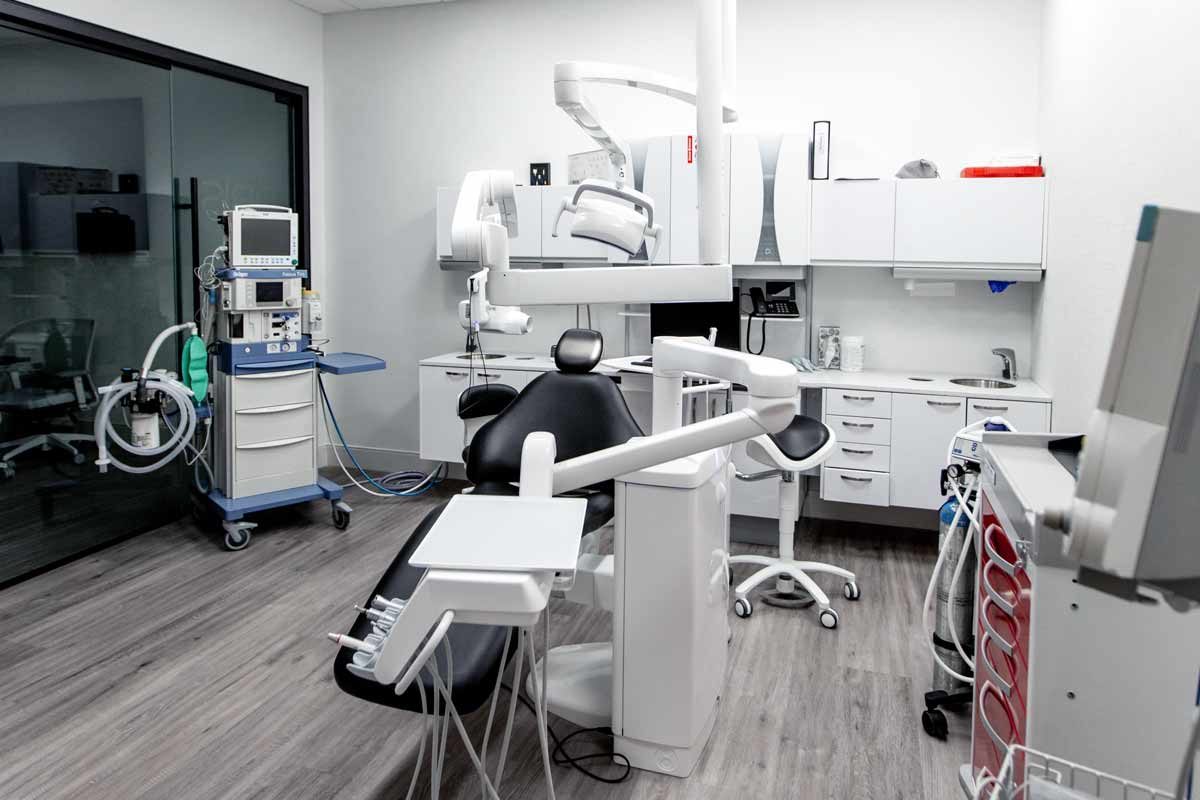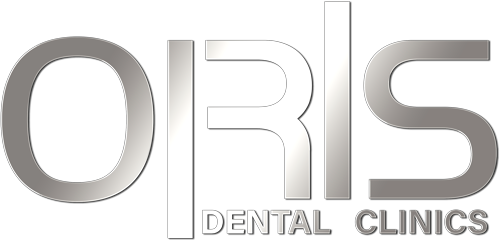There are 5,400 oral cavity cancer cases in Canada. Cancer of the mouth and throat will kill 1,500 Canadians. Oral cancer is a type of cancer that is part of a group of cancers called “head and neck cancers.” It can happen on the lips, tongue, gums, inner cheeks, roof or floor of the mouth, or anywhere else in the mouth cavity. Oral cancer may have the following signs and symptoms:
- Abnormal growth in the mouth
- A sore on the lip or in the mouth that won’t heal
- Red or White spots on the inside of the mouth
- Trouble swallowing
- Having mouth or ear pain
- Loose teeth
If you have oral cancer, there are different ways to treat it, depending on what kind and how far along it is. The treatment for oral cancer is different for each person and depends on their needs.
Surgery
Surgery is almost always the first step in treating oral cancer. This depends on the type and stage of cancer. If cancer cells are also in the lymph nodes, the surgeon will remove all of cancer from the mouth and lymph nodes. Your surgeon will work with a pathologist to look at the tissue to ensure that all cancer has been removed. Depending on how bad the cancer is and how far it has spread, some surgeries may also need plastic surgeons to fix the hole.

Radiation Therapy
After surgery, your doctor may start you on radiation therapy. If your tumour is more advanced, he or she may also start you on chemotherapy. Different types and stages of cancer need different kinds of radiation treatments. External beam radiation is the most common way to treat tumours without hurting the healthy tissues around them.
Brachytherapy
Brachytherapy is a type of radiation therapy that uses tiny needles, tubes, or seeds to put radiation directly into the tumour. They also call it external-beam radiation therapy. This is the most common way to treat people with small tumours. If the tumours are more advanced, they can be used along with surgery.
Targeted Therapy
In this type of treatment, epidermal growth factor receptor inhibitors stop molecules and genes that cause cancer from working. Genes that cause cancer make molecules that keep cancer alive.
Proton Therapy
In this type of treatment, high doses of radiation are sent straight into the tumour. For some patients, proton therapy is more likely to work and has less of an effect on organs and tissues nearby.
Chemotherapy
If you have oral cancer, you might get chemotherapy and radiation before surgery to shrink cancer and make it work better. Chemotherapy can shrink tumours that are too big to operate on.
Immunotherapy
Cancer cells can live, grow, and spread because the immune system can’t see them. Immunotherapy makes them appear, but this is not a standard treatment and is only for people with cancers that have spread or can’t remove them.
Photodynamic Therapy
Photodynamic therapy is a way to treat cancer that uses drugs that make cancer cells more sensitive to light and light to kill the cancer cells. The drugs get into the cells, and the light makes the drugs work.
If you have pain, mouth sores, or loose teeth, you should see an oral and maxillofacial surgeon to find out what’s wrong. The experienced oral surgeons at ORIS Dental Clinics in Richmond Hill will determine what’s wrong with your mouth and devise a treatment plan. Call us to set up an appointment or consultation. We are here to help people all over Toronto.




